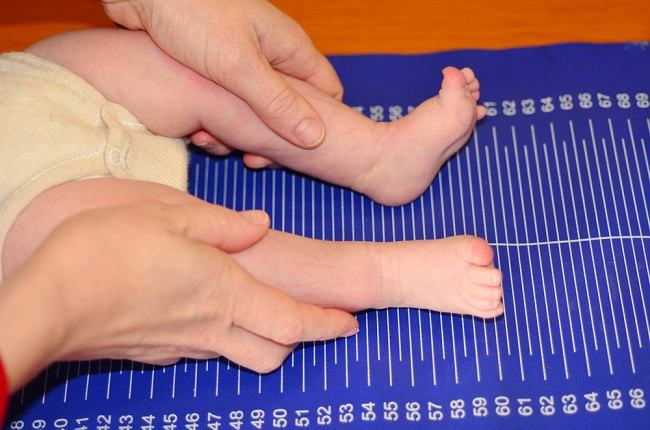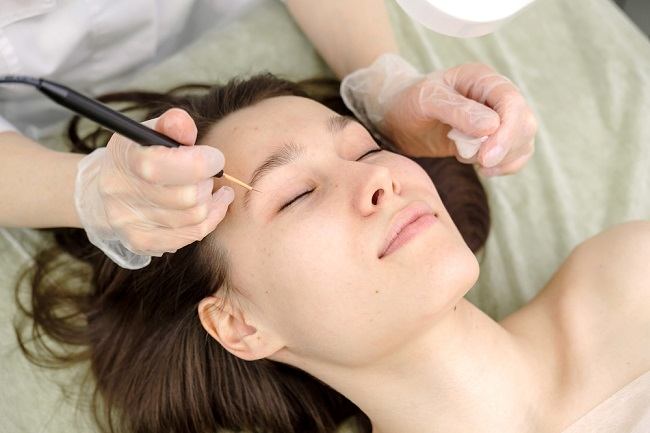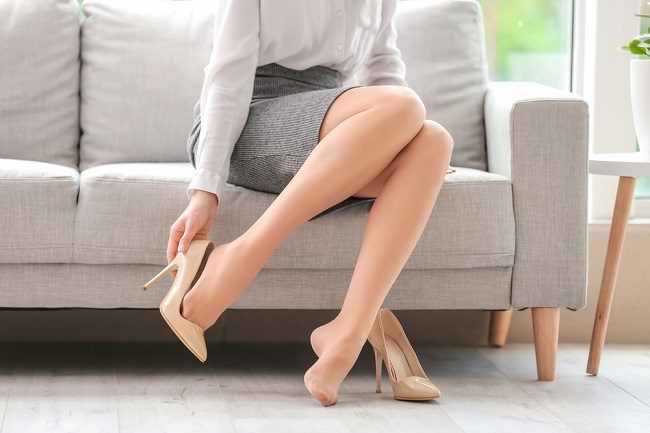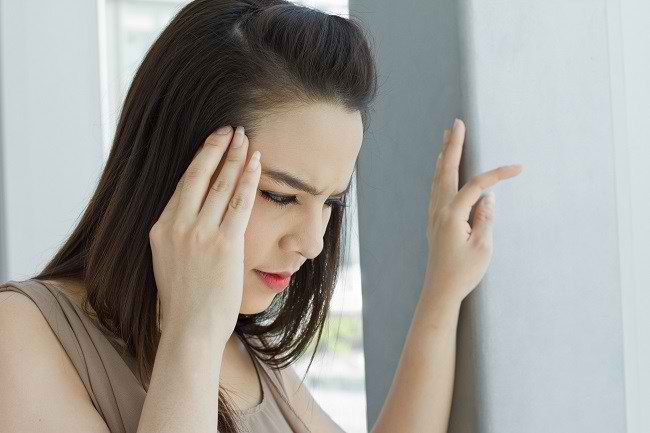Aloe vera has been known for a long time as a remedy for various health problems, especially on the skin. One of the benefits of aloe vera which is quite popular is that it helps relieve eczema.
A number of studies have proven that aloe vera can help lower blood sugar levels, nourish the digestive system, maintain oral health, and fight cancer.

Not only that, this succulent plant can also produce a clear gel that is known to be effective in treating various skin problems, such as abrasions, psoriasis, minor burns, acne, seborrheic dermatitis, and eczema.
Aloe Vera to Relieve Eczema
Eczema is a skin condition characterized by dry, itchy, red, thick, cracked, and scaly skin. This condition is common in children, but can occur at any age. Children who have eczema will also usually carry this condition into adulthood.
In addition to disturbing your appearance, untreated eczema can also cause other health problems, such as skin infections, contact dermatitis, and chronic itching. Itching caused by eczema can also be very disturbing, even to the point of causing sleep disturbances.
Well, one natural treatment to relieve eczema symptoms is to apply aloe vera.
Until now, there has been no research that specifically discusses the benefits of aloe vera for eczema. However, aloe vera is known to contain various substances that can act as anti-inflammatory, antibacterial, and antifungal properties.
Basically, eczema is an inflammation that causes the skin to become damaged and irritated. Therefore, the anti-inflammatory properties of aloe vera can be used to soothe the skin of eczema sufferers who are relapse.
In addition, eczema skin that tends to be dry and cracked will also be more susceptible to bacterial and fungal infections. This aloe vera gel can prevent these infections and can speed up the healing of damaged skin.
Tips for Applying Aloe Vera to Relieve Eczema
How to use aloe vera for eczema is not difficult, really. Previously, first clean the skin area using water and a special soap for eczema. After drying, apply aloe vera on the skin evenly. Let stand until the aloe vera soaks into the skin before you dress.
You can apply aloe vera 2 times a day or more, especially if your eczema is painful. Aloe vera gel will help relieve these symptoms.
To get aloe vera gel, you can split the aloe vera leaf and take the gel directly. To be more practical, you can also buy aloe vera gel products that are sold in the market. Choose a product with a high concentration of aloe vera gel, and does not contain alcohol and fragrance.
In some people, aloe vera can cause mild burning and itching. Aloe vera gel is also possible to trigger allergies. So, before using it, apply aloe vera on a small part of the surface of your skin, then observe it for a few minutes.
If allergy symptoms appear, such as itching or redness, you should not apply aloe vera to your skin. However, if there is no reaction, you can directly apply it to the skin that has eczema.
Stop using it immediately and consult a doctor if aloe vera causes an infectious reaction, such as redness, pus, pain, or heat to the touch. In addition, consult before using aloe vera for eczema in infants and children.









